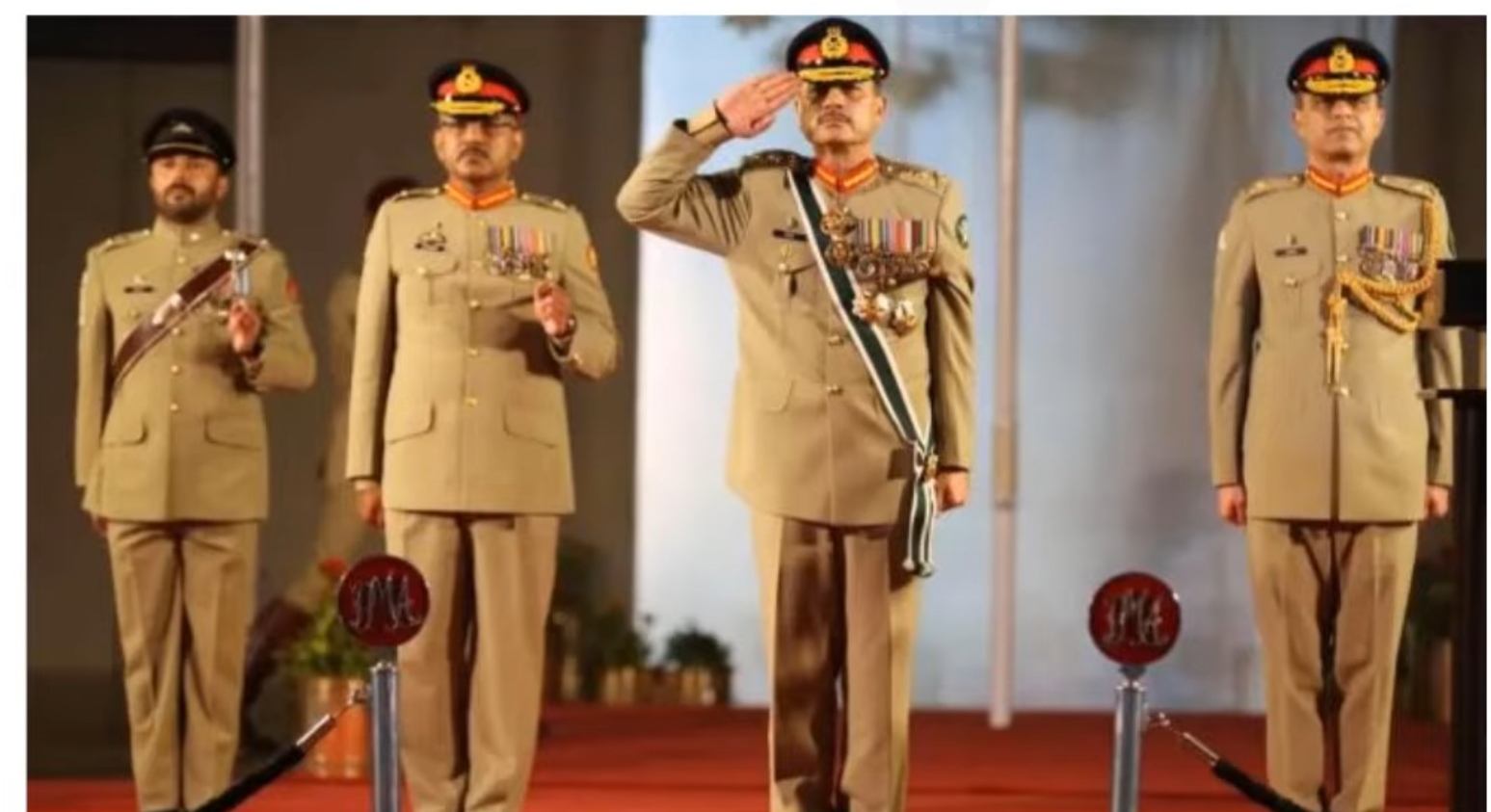May 10, 2025 — The recently brokered ceasefire between India and Pakistan has been breached within hours of its announcement, leading to renewed tensions in the Kashmir region.
Earlier today, former U.S. President Donald Trump announced that India and Pakistan had agreed to a “full and immediate” ceasefire following intense U.S.-mediated negotiations to halt escalating violence in the Kashmir region. The ceasefire deal, brokered with the involvement of Secretary of State Marco Rubio and Vice President JD Vance, was confirmed by Indian and Pakistani officials and set to take effect immediately. However, Indian officials soon accused Pakistan of violating the truce, reporting explosions and drone activity over Srinagar, which cast immediate doubt on the truce’s viability  .
.
The ceasefire, mediated by the United States with support from the UK and Gulf nations, aimed to halt escalating violence following a deadly terrorist attack in April that killed 26 civilians in Kashmir. India attributed the attack to Pakistan-based militants, leading to retaliatory strikes, including “Operation Sindoor” on May 7, targeting alleged terrorist infrastructure in Pakistan .
Despite the ceasefire agreement, both nations have reported renewed skirmishes and cross-border shelling. In particular, unprovoked firing was reported along the Line of Control (LoC) in Poonch district, with Indian forces responding to the violations . The situation remains volatile, with international leaders urging restraint and emphasizing the risks given both countries’ nuclear capabilities .
As tensions persist, the stability of the ceasefire is in jeopardy, and the region remains on high alert.
Indian Foreign Secretary Vikram Misri confirmed that Indian armed forces are responding to ceasefire violations by Pakistan hours after the truce was reached . Reports indicate that Pakistani drones entered Indian airspace, triggering sirens and explosions in border states. India’s air defense systems neutralized most threats, but the intrusion followed a major retaliatory strike, ‘Operation Sindoor,’ targeting terror camps in Pakistan
While Pakistan’s civilian government, led by Prime Minister Shehbaz Sharif, publicly endorsed the ceasefire, many analysts point to the powerful influence of Pakistan’s military in steering such decisions. General Asim Munir, the current Chief of Army Staff, is believed to be playing a key role in strategic operations and internal politics. Some sources suggest that General Munir, amid growing political instability, may be attempting to consolidate his authority by positioning himself as the protector of national interests—especially in matters related to India.
“General Munir wants to win the hearts of the Pakistani people by projecting strength against India, especially after the backlash from the recent terror incident,” said one security analyst. “In doing so, he may be asserting greater control over the state.”
The recent breach of the ceasefire between India and Pakistan is deeply concerning, especially given the fragile state of relations in the Kashmir region. It’s disheartening to see that despite international mediation, the situation has escalated so quickly. The involvement of external powers like the US and UK highlights the global implications of this conflict, yet their efforts seem to have fallen short. General Munir’s approach of projecting strength might resonate domestically, but it risks further destabilizing the region. The nuclear capabilities of both countries add an alarming layer of urgency to the situation. How can the international community effectively intervene to prevent further escalation? It’s crucial to find a sustainable solution that addresses the root causes of this conflict rather than just managing its symptoms.
The recent breach of the ceasefire between India and Pakistan is deeply concerning, especially given the fragile state of the region. It’s disheartening to see how quickly the agreement fell apart, despite international mediation. The violence in Kashmir has already caused immense suffering, and this escalation only adds to the pain of innocent civilians. I wonder if there’s a way for both nations to prioritize dialogue over retaliation, even in the face of provocation. The mention of nuclear capabilities is particularly alarming—how can the international community ensure this doesn’t spiral out of control? General Munir’s approach seems to be more about political posturing than genuine conflict resolution. Do you think there’s a path forward where both countries can de-escalate and focus on long-term peace?